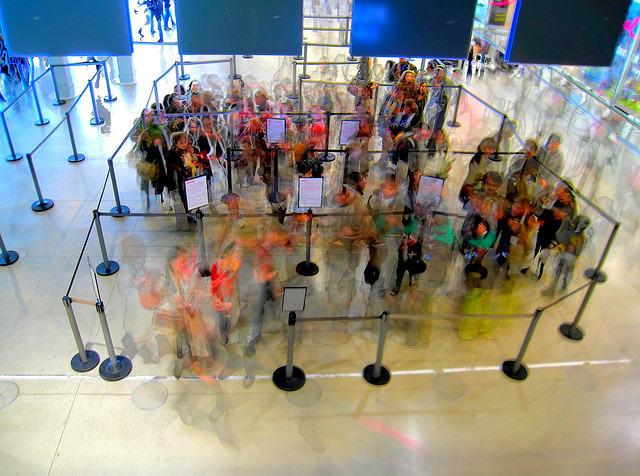
Okay, maybe the title is a bit dramatic, but hear me out. Vacation responders, those automatic emails that tell would-be correspondents that you are away from your inbox, are contributing to unrealistic work demands. The vacation responder directly implies that if it is not activated, the response should be prompt. It sets up a false binary wherein we are either working or on vacation. Its easy to tell that the work/vacation split is dubious because these two states of being that are in increasingly short supply. Lots of people are out of work, and those who do have jobs are working longer hours than ever before. Obviously vacation responders aren’t the cause of our economic woes (that can be found here) but they do enforce the worst parts of late capitalism’s work ethics.









